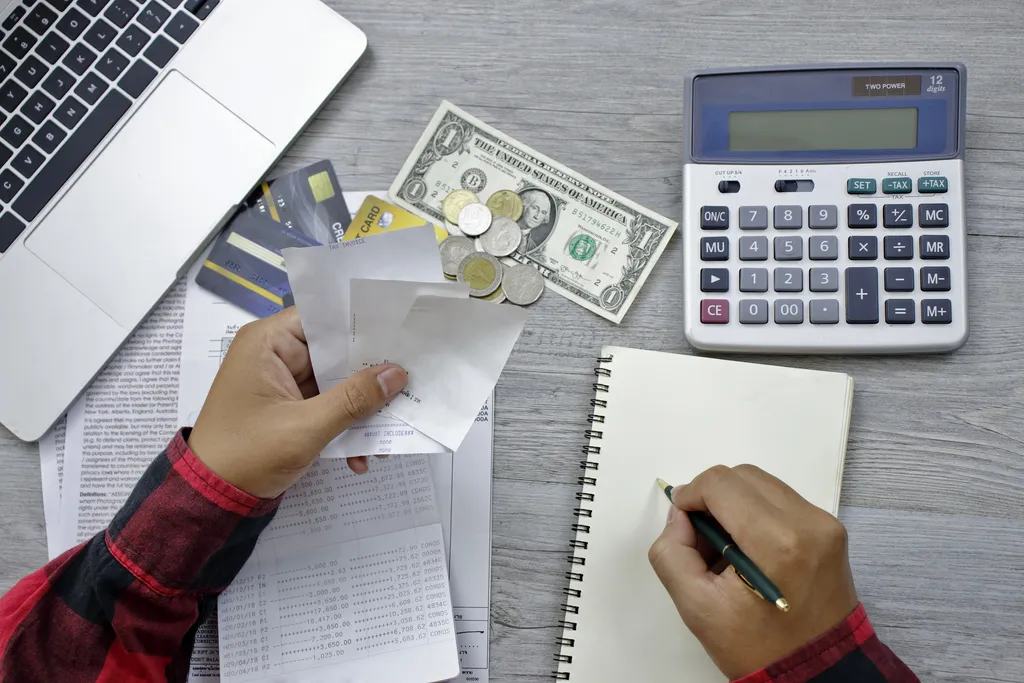
Debt can seem like a heavy burden, but with the right approach, you can pay it off faster and take control of your finances. Whether it's student loans, credit card debt, or personal loans, knowing how to manage and pay off debt is key. Here are some practical ways to pay off your loans faster and reduce the stress that comes with debt.
1. Create a Budget and Stick to It
Before you can pay off any debt, you need to know your numbers. A budget tracks your income, expenses, and debts. Understanding where your money is going each month can help you identify areas to trim and allocate more towards debt repayment.
Budgeting Tips:
- Track your spending regularly to avoid impulse purchases.
- Prioritize essential expenses like rent, utilities, and groceries.
- Set aside a certain amount each month for debt payments—and try to increase that amount over time.
2. Debt Avalanche Method
The Debt Avalanche Method is one of the best strategies for paying off debt. This approach focuses on paying off the highest-interest debt first while making minimum payments on others. Once the highest-interest debt is paid off, you move to the next highest, and so on. This method will save you money on interest in the long run.
How it Works:
- List your debts from highest to lowest interest rate.
- Make minimum payments on all debts except the one with the highest interest rate.
- Use any extra funds to pay off the high-interest debt first.
- After that, move on to the next-highest-interest debt.
3. Debt Snowball Method
If you prefer quick wins and motivation, the Debt Snowball Method might be for you. This strategy involves paying off the smallest debt first, regardless of the interest rate, and making minimum payments on larger debts. Once the smallest debt is paid off, you apply that money to the next smallest debt, creating a snowball effect. This method keeps you motivated as you knock out each debt one by one.
How it Works:
- List your debts from smallest to largest balance.
- Make minimum payments on all debts except the smallest one.
- Pay down the smallest debt until it's gone.
- Move to the next smallest debt and repeat.
4. Refinance or Consolidate Your Debt
If you have several high-interest loans, refinancing or consolidating them might be a good option. Refinancing involves getting a new loan with a lower interest rate to pay off existing debt, while debt consolidation combines several loans into one, possibly at a better interest rate and terms.
Benefits of Refinancing and Consolidating:
- Lower interest rates may save you money over time.
- You pay only one bill when you consolidate loans.
- You might get better loan terms, such as a longer repayment period.
Be sure to compare rates and terms before you refinance or consolidate.
5. Reduce Nonsensical Spending
It may seem obvious, but cutting unnecessary spending can free up money to pay off debt. Simple lifestyle adjustments can make a significant difference over time. Consider:
- Cancel subscriptions you no longer use, like streaming services, gym memberships, or magazine subscriptions.
- Cut back on dining out and cook at home to save on food costs.
- Smart shopping: Compare prices, use coupons, and wait for sales.
Save the money you save from these adjustments for debt repayment.
6. Raise Your Income
Cutting back on expenses is important, but increasing your income can also speed up debt repayment. Find ways to make extra money, such as:
- Part-time or freelance work.
- Selling unused items around the house.
- Providing services like babysitting, pet sitting, or tutoring.
All extra income should go directly toward paying down your debt, not on unnecessary purchases.
7. Set Up Automatic Payments
Set up automatic payments to avoid late fees that could damage your credit score and increase interest rates. Many lenders offer discounts for setting up automatic payments.
How to Automate Payments:
- Schedule automatic transfers from your checking account to your creditors.
- Automatically calculate the minimum payment on all debts and increase the amount for high-priority loans.
8. Negotiate with Creditors
If you're struggling to make debt payments, contact your creditors. Many will work with you if you're facing financial hardship. They might offer:
- A lower interest rate.
- Extension of payment deadlines.
- Payment deferrals or forbearance.
If you’re having trouble staying on track, creditors would rather help than risk you defaulting—try negotiating if possible.
9. Be Consistent and Patient
Paying off debt takes time and persistence. It can be frustrating, but every payment gets you one step closer to being debt-free. Stay focused, track your progress, and celebrate the small wins along the way.